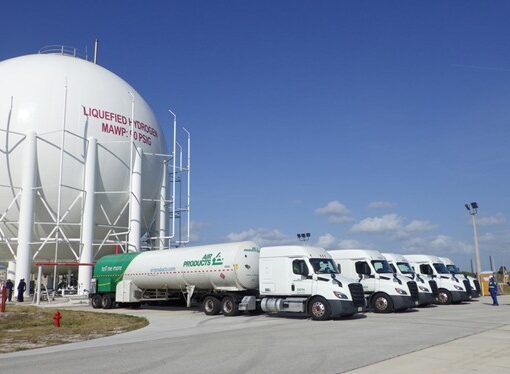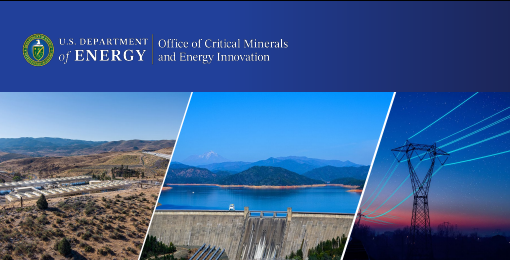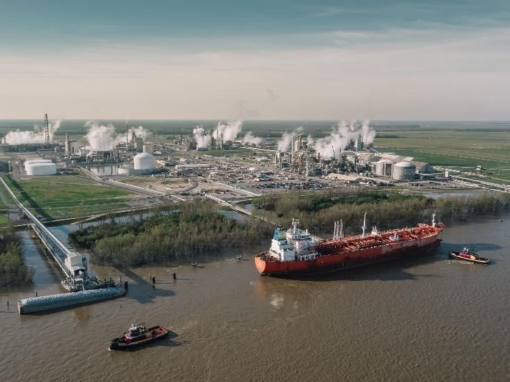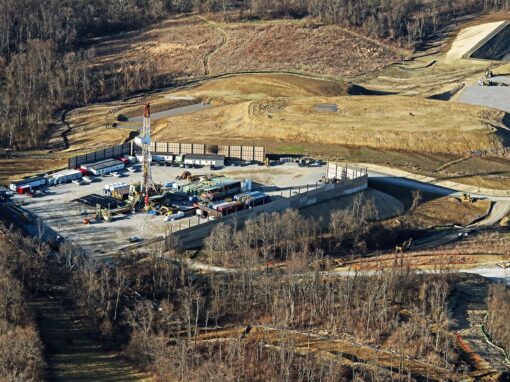September 8, 2025
India is rapidly emerging as a global leader in hydrogen, fueled by ambitious national policies, major public and private investments, and a deep commitment to decarbonization. India has outlined bold plans to become a central hub for the production, utilization, and export of green hydrogen and its derivatives.
The National Green Hydrogen Mission (NGHM), launched in 2023, aims to produce 5 million metric tons (MMT) of green hydrogen annually by 2030. To support this production goal, India plans to spend approximately $2.4 billion to add approximately 125 gigawatts (GW) of renewable energy capacity to the grid. A key pillar of the mission is cost competitiveness. India is targeting a green hydrogen production cost of just $1.5 per kilogram by the end of the decade. To achieve this, the mission includes a mix of financial incentives, infrastructure development, and research support through initiatives like the Strategic Hydrogen Innovation Partnership (SHIP). The government is also investing in skill-building programs to ensure a qualified workforce is ready to meet growing demand.
India’s hydrogen ambitions have attracted global players as well. Several members of the Fuel Cell & Hydrogen Energy Association (FCHEA) are directly involved in developments across the country:
- Nel ASA, a Norwegian electrolyzer manufacturer, has partnered with Reliance Industries Limited (RIL) granting RIL exclusive rights to produce Nel’s alkaline technology in India.
- Ceres Power, known for its solid oxide electrolyzer technology, is actively engaged in pilot testing at Shell’s R&D center in Bangalore.
- PDC Machines has partnered with Kirloskar Pneumatic Company Limited (KPCL) to distribute PDC’s diaphragm compressors and utilize support services in the Indian market.
- Accelera by Cummins and GAIL, an Indian natural gas company, recently signed a Memorandum of Understanding (MOU) to collaborate on hydrogen production, blending, transportation and storage in the country. The partnership will also evaluate and develop projects for hydrogen applications across multiple sectors, including transport, power and steel.
- John Cockerill recently announced that AM Green placed an 1.3 GM electrolyzer order for its million-ton green ammonia project. As part of this agreement, John Cockerill and AM Green are also developing a 2 GW per year manufacturing in Kakinada, India. Additionally, Coal India Limited has committed to delivering approximately 4,500 MW of renewable energy to power the electrolyzers at the facilities.
- Ballard has partnered with Adani Group to deploy the first hydrogen-powered truck for mining logistics at the Chhattisgarh government mine.
A number of major projects are also already underway from other entities within India. NTPC Green Energy Ltd is leading the development of a $21 billion green hydrogen hub in Pudimadaka, Andhra Pradesh. This project includes a manufacturing facility, green chemical zone, chemical storage terminal, port infrastructure, a 7 GW substation, an 80 million liters/day desalination plant, and an effluent treatment plant, all on 1,600 acres. The aim is to create a fully integrated green hydrogen ecosystem to serve as a model for future hubs across the country. In western India, the Deendayal Port Authority (DPA) is utilizing electrolyzers for an upcoming Green Hydrogen plant at its Kandla port. Another major target area for hydrogen is in the steel sector, where India is transitioning toward low-carbon direct reduced iron (DRI) production methods. In the Southern India state of Andhra Pradesh, Juno Joule Green Energy has signed an MoU with German clean energy firm Select Energy GmbH to co-develop an export-oriented green hydrogen and ammonia facility. With a total planned investment of $1.3 billion, the project is to be developed in three phases to produce approximately 180 KTPA of green hydrogen by 2029, which will be converted into up to one million tons of green ammonia annually for export. Construction is expected to commence in 2026.
As India continues to scale up its hydrogen economy through public and private sector investment commitments, FCHEA member companies will be there to support the buildout.



